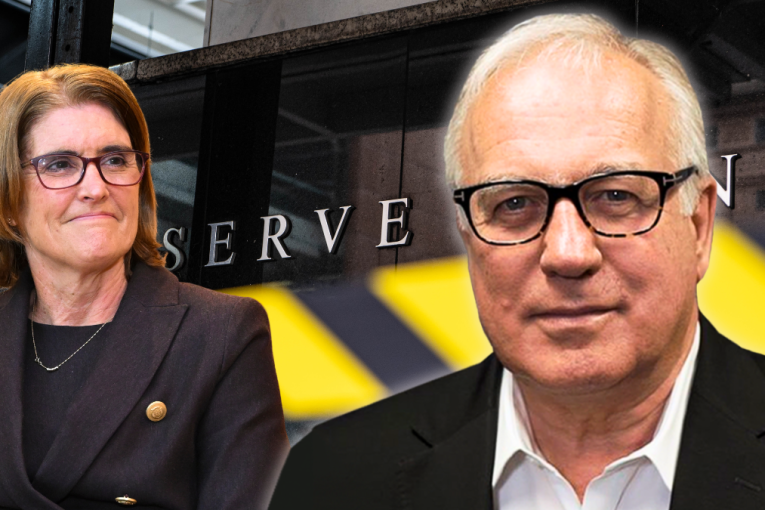Want a fixed-rate mortgage? You better hurry up


Fixed home loan rates are on the rise as the Reserve Bank begins to wind back support. Photo: Getty
Home loan customers eyeing up a fixed-rate mortgage are being advised to make the switch sooner rather than later, as banks are already hiking rates in response to moves from the RBA.
As expected, the Reserve Bank held the official cash rate at 0.1 per cent at its monthly board meeting in June, meaning variable home loan customers can rest easy for the time being.
But the central bank has closed down a term funding facility that was lending money to banks, building societies and credit unions at just 0.1 per cent interest, meaning fixed rates are on the rise.
Closing down the term funding facility increased longer-term funding costs for lenders, and they have already starting passing on those costs to borrowers through hikes to fixed-rate mortgages.
Beware the fixed-rate rise
Analysis by consumer comparison site RateCity.com.au shows that over the past month, 19 lenders including Westpac and NAB have hiked at least one three-year fixed rate, while 17 lenders have hiked at least one two-year fixed rate.
To be clear, many lenders have also cut rates on these products – and borrowers can still find 38 three-year fixed mortgages and 189 home loans in total charging less than 2 per cent interest.
But the broader trend suggests fixed-rate mortgages are more likely to rise than fall over the months ahead.
“Four- and five-year fixed rates have already bottomed out, provided there’s not another national emergency that causes the RBA to cut the cash rate below zero,” RateCity research director Sally Tindall told The New Daily.
“At the beginning of the year there were 32 four-year fixed rates under 2 per cent. Now there are none.”
And so, if you wanted to fix all or some of your home loan, then it makes sense to do so sooner rather than later – although it’s worth noting that fixed-rate mortgages aren’t for everyone.
They often provide no access to offset accounts, charge hefty break fees for exiting early, and typically have caps on additional repayments that can prolong the length of your loan.
The landscape also changes significantly when these loans reach their expiry date.
According to RateCity, the average mortgage holder who takes out a $500,000 two-year fixed-rate home loan from a Big Four bank will pay interest of 1.94 per cent during that term.
But when they reach the end of their term they will switch to what is known as a ‘revert rate’.
RateCity’s analysis shows that the average revert rate among the Big Four banks is 3.43 per cent – which means the monthly repayments for someone with a $500,000 mortgage would jump by $368 at the end of their two-year term.
Of course, that’s not to say you should stick to a variable loan – rather that you should take into account these additional factors when weighing up the pros and cons of fixing your loan.
Some people like knowing exactly how much they will have to pay each month.
But this peace of mind comes at the expense of greater flexibility and limits how much you can make in additional repayments.
As for borrowers sticking with a variable rate, the Reserve Bank said on Tuesday that “its central scenario for the economy” suggests the bank will not lift interest rates until 2024.
But while that means your mortgage rate is likely to remain low for the foreseeable future, interest rates will inevitably rise at some stage and so it pays to be prepared.
With that in mind, RateCity has offered the following advice to people about to take out a loan.
Three tips to prepare for future rate hikes
- “Don’t bite off more than you can chew: The banks stress test your loan but make sure you do the same. Check you’re comfortable paying the mortgage if rates rise at least 2.5 per cent, [and by] even more if you are on a fixed rate
- “Make extra repayments: Every extra dollar you put in your loan now is a dollar less you will have to pay interest on when rates do rise. If you are on a fixed rate and exceed the extra repayments cap, consider setting the money aside in a savings account so you’re ready for when you come off your fixed term
- “Set a reminder to refinance: If you are on a fixed-rate loan, diarise the end date and shop around for a better deal when it comes to an end. If you’re on a variable rate, give your home loan a health check at least once a year.”











